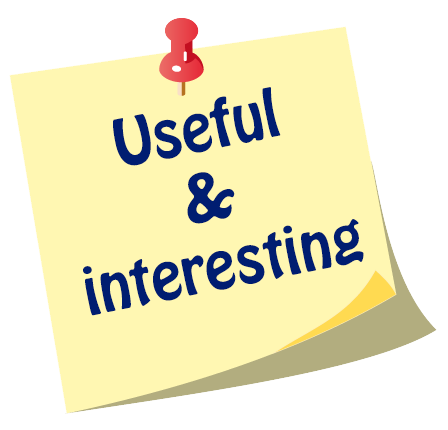
This project promotes open access materials and has been funded with support from the European Commission - Erasmus+ program. These materials reflect the views only of the author, and the Commission cannot be held responsible for any use which may be made of the information contained therein.
[Project Number: 2016-1-HR01-KA201-022159]
![]()
Title of Activity
Federigo’s Falcon
Description of educational activity
Duration: 90 minutes
Pupils’ age: 15-19
Organization of the class of pupils: individual/group work
The aim of the lesson: The aim of the lesson is to improve the reading literacy of the students. The students are able to say what is important in one’s life and appreciate other people and what they get from them. Another goal is to make the pupils think of how they can be useful for the others and that it is very important to help the others.
Support materials: The text of the story split in 5 parts.
Activities:
- What does it mean to be rich? What is possession?
- How many possessions do you own? Write down 5 things into each category: totally essential, important, not very important, absolutely useless, with sentimental value.
- If you had to live just with ten of your possessions, which of them would you choose? Why? Discuss your choice in groups.
- What are the most tragic loses in one’s life? Why?
- The students read Part 1. Why did he lose all his possessions? What kind of advice would you give him?
- The students read Part 2. What would you prepare to host her if you were in his shoes? Would you even host her? What do you think Federigo will do?
- The students read Part 3. His Falcon is the only thing that could save her son’s life. Do you think he should give it to her? Why? Why not?
- The students read Part 4. Which characteristics apply to the characters from the story Federigo, Monna Giovanna or her son? Explain your choice. You can use each adjective more times. loving, caring, nice, stupid, selfish, naive, clever, cunning
- Finish the story after her son’s death.
- The students read Part 5. They say love and health are the only things you cannot buy. Do you agree?
- How can people possibly lose their property? Whose fault is it?
- What are the most tragic loses in one’s life? Why?
Evaluation and assessment method:
- Throughout the lesson, ensure that your students are backing up their choices with accurate supporting details.
- Teacher's observations of students’ participation in group activities and discussions.
Effect of the activity on RSP reading:
Practices that support students´ imagination, choice, collaboration, and shared control of learning outcomes can be linked to self-expressed interest in reading and engaged reading behaviour.
Connection to curriculum
Grade: 1 – 4 grade of secondary studies
Curriculum: The study of literature is focused on reading and comprehending literary texts of historical and cultural importance and relevancy either in the world or Czech literature. Students are taught to work with texts and information in different ways, to adopt the processes of analysis, synthesis, induction, deduction, generalization, abstraction, specification, comparison, organization, selection. The students should be able to interpret, summarize and evaluate the texts.
Knowledge:
- Improve reading comprehension
- Organise information in a specific way
Skills:
- Make predictions, deductions
- Compare and contrast
- Summarize
- Work effectively in groups, respecting others
- Improve the social skills
Competences:
- Think in social context about life or personal experience of different people
- Financial literacy
- Awareness of what is important in one’s life
- Be able to visualise material read
- Follow specific instructions and conventions
- Support and justify an opinion
Bibliographic reference to be used during the activity
Boccaccio Giovanni
Publisher: https://americanliterature.com
Results
The expected outcomes of the lesson are:
- The students will be able to understand different life situations in social context.
- To be able to recognize what is important in one’s life.
- To offer observations, make connections, speculate, interpret, and raise questions in response to the story.
Recommendations
Both the teaching method and the text can help in increasing students’ interest in reading. This text promotes a relationship with possessions and other people at the same time. The teacher monitors the students so as to make sure they cooperate effectively.
Contact
X gimnazija ''Ivan Supek''
Ul. Vjekoslava Klaića 7
10000
Zagreb
E-mail: partners@handbook4rspreaders.org










